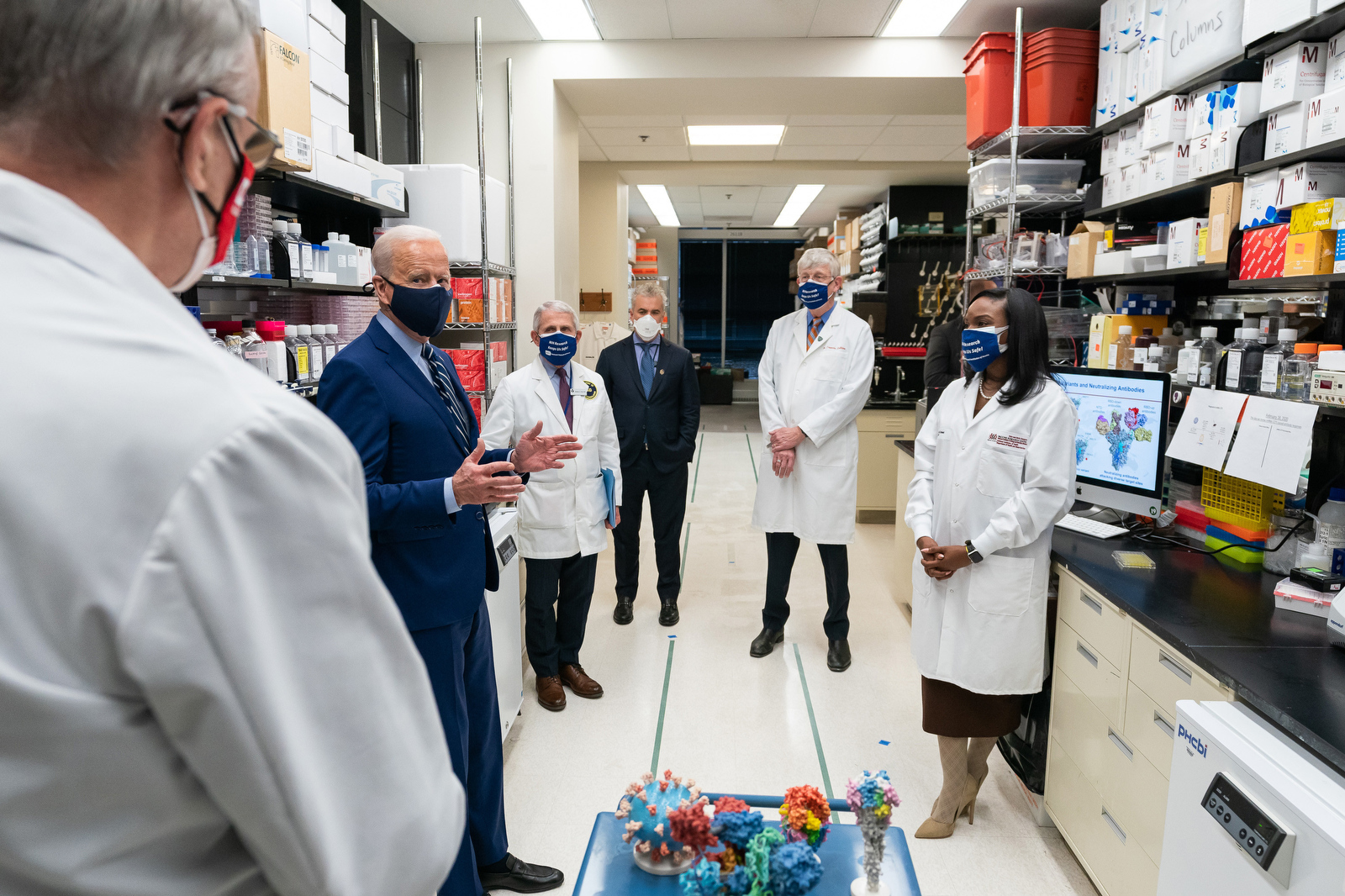Francis Collins Disappointed as a Public-Health Leader
Originally published at National ReviewDr. Francis Collins may be a brilliant geneticist — he headed the very successful Human Genome Project among other laudable achievements — but he has been a disappointing public-health leader and public intellectual.
Collins headed the NIH between 2009 and 2021, and was on the front lines of the COVID policy response. Alas, his work in that effort left very much to be desired. Indeed, the other day, he issued something of a mea culpa for being unduly focused on preventing COVID deaths and not enough on the devastating societal impacts his advocated policies caused. In an interview, he said:
The public health people — we talked about this earlier and this really important point — if you’re a public health person and you’re trying to make a decision, you have this very narrow view of what the right decision is. And that is something that will save a life; it doesn’t matter what else happens. So you attach infinite value to stopping the disease and saving a life. You attach zero value to whether this actually totally disrupts people’s lives, ruins the economy, and has many kids kept out of school in a way that they never quite recover from. So, yeah, collateral damage. This is a public health mindset and I think a lot of us involved in trying to make those recommendations had that mindset and that was really unfortunate. It’s another mistake we made.
Interestingly, that was the very criticism leveled against COVID policies in the Great Barrington Declaration published in October 2020. But rather than engage that important debate as would be the proper scientific response, Collins and Anthony Fauci instead worked behind the scenes to impose a “devastating takedown” of the Declaration and its highly respected epidemiologist authors, Drs. Drs. Martin Kulldorff of Harvard, Sunetra Gupta of Oxford, and Jay Bhattacharya of Stanford as “fringe” actors. As a consequence, the three were denigrated in the media and Bhattacharya faced scorn and isolation at Stanford. It was a disgraceful episode.
That wasn’t the only time Collins supported stifling heterodox opinions about public health policy. In a Washington Post profile, he even hinted at punishing purveyors of “disinformation.”
He sees two ways of attempting to curb the spread of misinformation, though admits he’s unsure how successful either has been.
The first: Identify those who are purposefully spreading false information online and bring them to justice.
The second: Find a better way to counter false claims with real information. He didn’t specify what exactly either one would entail.
That was precisely the approach he took earlier against the authors of the now validated Great Barrington Declaration — and look at the harm it caused!
Collins failed in other regards, as well. Under his leadership, it appears the NIH funded dangerous research manipulating pathogens — sometimes called “gain of function” — at the infamous Wuhan Institute of Virology, from whence the COVID virus may have escaped to devastate the world.
An Evangelical Christian who was also a brilliant scientist, many Christians looked to Collins to bring a greater sense of morality and ethics to the research pursuit. But Collins was hardly a brake on unethical pursuits. To the contrary, during embryonic stem cell/human cloning debates, Collins was something a positive booster of destroying embryos, arguing that IVF embryos are “not part of God’s plan,” whereas a child conceived in the usual manner is “very much part of God’s plan, carried out through the millennia by our own species and many others.” (Francis Collins, The Language of God (Free Press, 2006), p. 256.)
Collins also supported human cloning research, stating in an interview:
The part that’s really showing the most promise is to take a skin cell from you or me and convince that cell, which has the complete genome, to go back in time and become capable of making a liver cell or a brain cell or a blood cell if you need it to…That’s called semantic cell nuclear transfer in the current mode. And yet people still refer to those products as an embryo. Well, there’s no sperm and egg involved here.
Talk about a deflection from the ethical point! The absence of sperm and egg does not mean that a cloned embryo isn’t an embryo. After all, just as Dolly the cloned sheep was a lamb when born, she was also a sheep embryo when at the initial stage of development. Indeed, none other than James Thomson, the scientist who first derived human embryonic stem cells claimed that it is “disingenuous” to claim that a cloned embryo isn’t really an embryo, telling an MSNBC interviewer, “If you create an embryo by nuclear transfer, and you give it to somebody who didn’t know where it came from, there would be no test you could do on that embryo to say where it came from. It is what it is.” Indeed, it is, and that’s the ethical point.
Collins’ recent admissions and overarching career as a major public health leader illustrate why we should resist the current push among the international ruling class to impose a regime of rule by experts. Policy makers certainly need access to expertise across a broad arrange of fields to help guide the creation of public policy. But “the experts” should not be “the deciders” — to use President George W. Bush’s awkward term. Experts tend to be myopic — focusing on their own fields — and may miss the forest for the trees with catastrophic consequences. Just as happened because open scientific discourse and debate were stifled during COVID–in no small part because of Collins’ misguided efforts.
